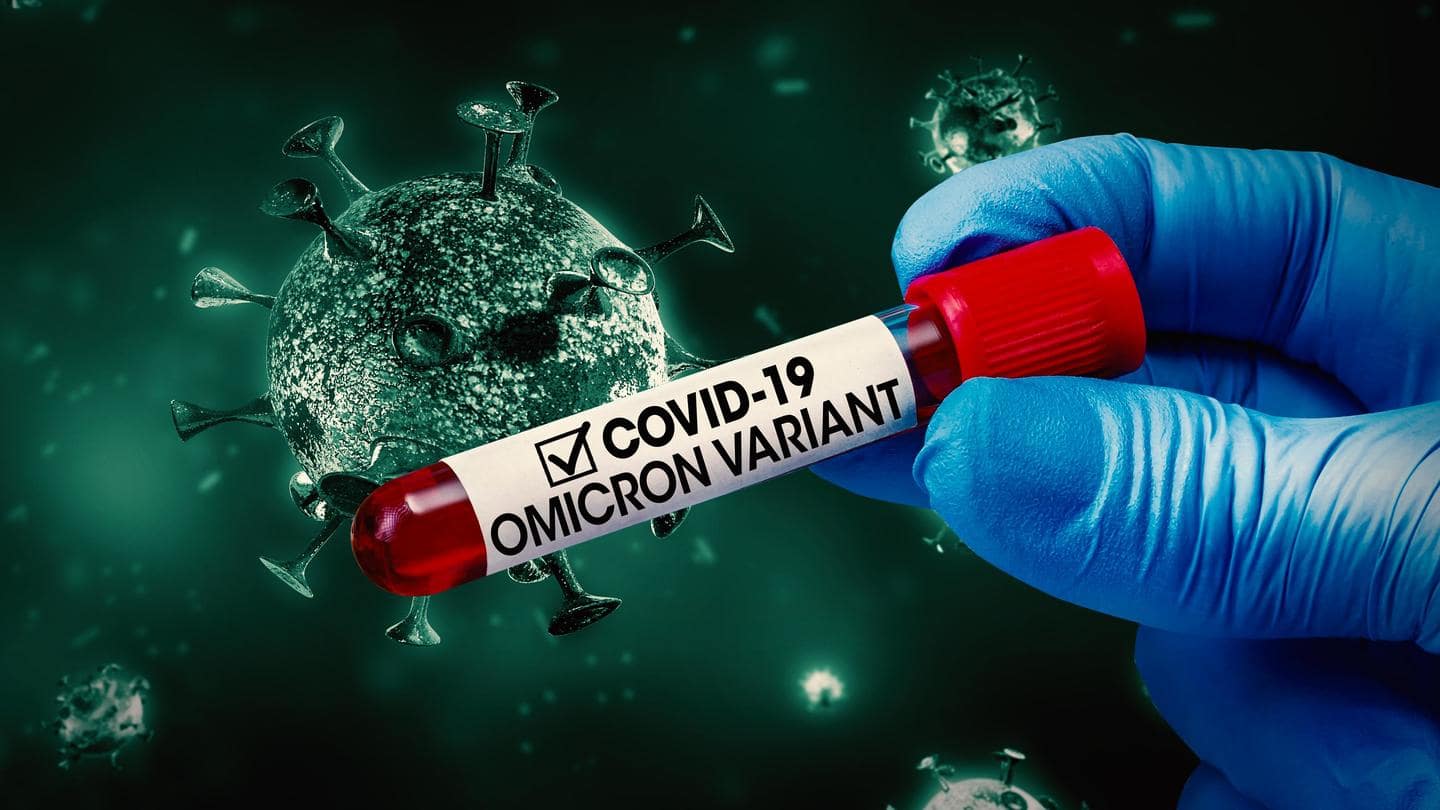
No conclusive evidence to suggest Omicron more transmissible: Top virologist
What's the story
There is no conclusive evidence to suggest that the Omicron variant of coronavirus is more transmissible or dangerous, said India's top virologist Dr. Anurag Agrawal.
He is the Director of the Council Of Scientific And Industrial Research-Institute Of Genomics And Integrative Biology (CSIR-IGIB).
He cautioned against panicking and reiterated the World Health Organization's report stating that there is not enough information on Omicron yet.
Context
Why does it matter?
The emergence of Omicron has triggered a global alarm as it is the most heavily mutated strain detected so far.
Many countries, including India, have imposed fresh COVID-19-related restrictions.
The WHO has flagged Omicron as a variant of concern (VOC).
However, the WHO said more information on Omicron's transmissibility, severity, and other aspects would be available in the coming weeks only.
Details
Dr. Agrawal decries studies claiming 6X transmissibility
Any study claiming that Omicron is six times more transmissible than the Delta variant is based on "bad science, Dr. Agrawal told CNBC-TV18 exclusively.
Delta has already had a surge, and the population is immune, he explained.
A new variant can easily displace a prevailing strain to become dominant as the people lack immunity against the former, he added.
Quote
6x transmissibility claim shocking: Dr. Agrawal
"Omicron could be as transmissible. It could be slightly less transmissible. It could be slightly more transmissible, but I would be shocked if it was six times more transmissible than Delta," he said, adding that both immune escape and transmissibility are contributory factors.
Action
Clarity on Omicron's severity expected soon
Dr. Agrawal said there will be more clarity on the severity of Omicron in the "next week or few weeks."
Rising hospitalizations may be attributed to overall infections increasing and do not point to the variant's severity, he said.
Separately, he also opposed the blanket shutdown of flights and instead suggested better screening, quarantining, and other preventive measures.
Information
What has WHO said on Omicron?
The WHO's preliminary findings on Omicron released Monday said more information on the variant's severity would be ascertained in the coming weeks. The health agency is also conducting studies to determine the efficacy of COVID-19 diagnostic tests, vaccines, and treatment against the new variant.
South Africa
What do experts from South Africa say?
The Omicron variant (B.1.1.529) was first reported by South Africa and it has been detected in over a dozen countries.
It has as many as 53 mutations, including 32 in the spike protein—crucial for infecting host cells.
An infectious disease expert from South Africa said it is too early to determine Omicron's severity, but it does appear to be more transmissible.